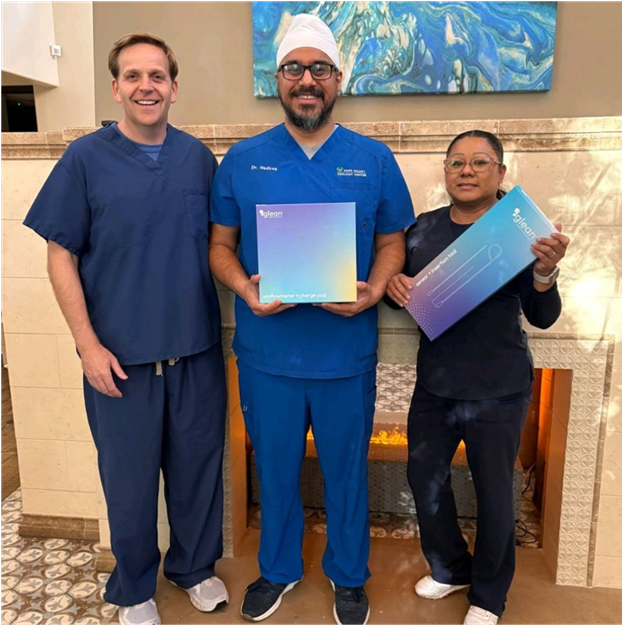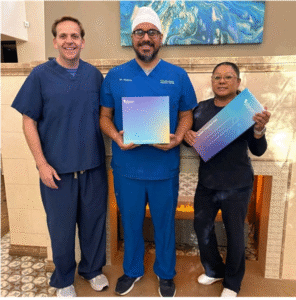Urodynamics is a specialized field within urology dedicated to understanding and treating urinary disorders. To shed light on this important topic, we spoke with Dr. Harpreet Wadhwa, a board-certified urologist and urodynamics specialist at the EVU Center of Arizona. With years of experience in diagnosing and managing complex urinary tract conditions, Dr. Wadhwa offers valuable insights into the significance of urodynamic testing and the latest advancements in patient care.
What is Urodynamics?
According to Dr. Wadhwa, urodynamics refers to a suite of diagnostic tests designed to assess how the bladder and urethra store and release urine. “Many patients come to us with symptoms like urinary incontinence, frequent urination, or difficulty emptying their bladder,” Dr. Wadhwa explains. “Urodynamic studies help pinpoint the root cause, so we can develop an effective, personalized treatment plan.”
Common indications for urodynamic testing include:
- Stress or urge urinary incontinence
- Overactive bladder
- Urinary retention or slow stream
- Recurrent urinary tract infections
- Bladder dysfunction related to neurological diseases
What to Expect During Urodynamic Testing at EVU Center
Patients at the EVU Center of Arizona can expect a thorough, compassionate approach. Dr. Wadhwa outlines the typical steps:
- Initial Consultation:
The process begins with a detailed discussion of symptoms and medical history. - Non-Invasive Tests:
Tests such as uroflowmetry (measuring urine flow rate) and bladder ultrasounds are performed. - Bladder Pressure Tests:
Small catheters are gently placed to measure pressures in the bladder and abdomen as the patient fills and empties their bladder. - Muscle & Nerve Assessments:
In some cases, sensors may be used to monitor pelvic floor muscle and nerve activity.
Dr. Wadhwa emphasizes that most patients find the procedures quick and only mildly uncomfortable, with minimal recovery time.
Urodynamic-Guided Treatments
Once test results are analyzed, Dr. Wadhwa and his team tailor treatments to each patient’s needs. “Urodynamics allows us to treat the patient, not just the symptoms,” he says. Treatment options may include:
- Behavioral Therapy:
Bladder training or pelvic floor exercises, often with guidance from EVU Center’s pelvic health specialists. - Medications:
Prescription medications to relax the bladder or improve emptying, based on test findings. - Minimally Invasive Interventions:
- Botox injections for overactive bladder
- Nerve stimulation (sacral neuromodulation) for persistent symptoms
- Surgical Solutions:
For select patients with severe or structural problems, surgical procedures such as slings or artificial sphincters are considered.
Innovations at EVU Center of Arizona
Dr. Wadhwa is passionate about integrating technology and patient-centered care. The EVU Center utilizes state-of-the-art equipment, including wireless pressure sensors and advanced imaging. “We’re committed to making urodynamic testing as comfortable and informative as possible,” he says. The team also participates in ongoing research and education to bring the latest urological advances to Arizona patients.
Final Thoughts from Dr. Harpreet Wadhwa
“Urinary symptoms can be embarrassing or disruptive, but they’re also very treatable,” Dr. Wadhwa assures. “Urodynamics is a powerful tool that helps us restore quality of life. If you’re struggling with bladder control or other urinary issues, don’t hesitate to seek help—we’re here for you.”
If you would like to learn more about urodynamics or schedule a consultation with Dr. Harpreet Wadhwa at the EVU Center of Arizona, visit EVU Center’s website or call their office today. Your path to better urinary health starts with the right diagnosis!



